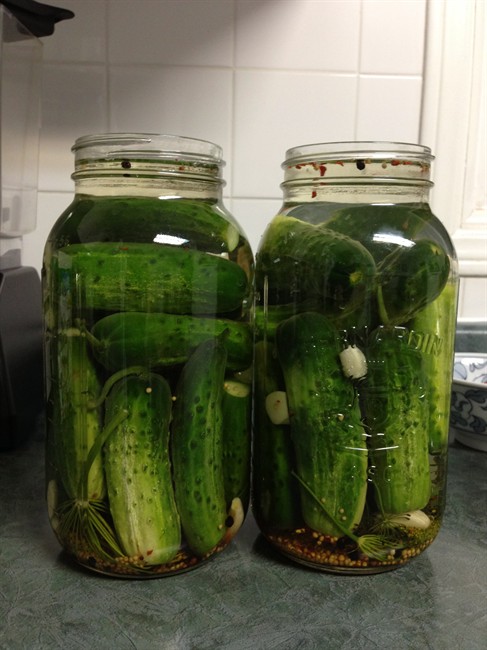The laws for keeping kosher are complex. Here’s a breakdown of the basic rules:

MEAT AND FISH
The Torah, the Jewish holy scripture, identifies specific animals that may or may not be eaten. It says a land animal is kosher if it has split hooves and chews its cud, lists 24 non-kosher bird species and allows only water creatures with fins and scales to be eaten. All reptiles, amphibians, worms and most insects are not kosher. The laws also dictate how the animals should be slaughtered and which parts may be eaten.
DAIRY
Milk products and meat must never be combined, and there is a waiting period between eating one and then the other.
FRUITS AND VEGETABLES
All are generally kosher if they are natural and unprocessed, but they must be free of insects.
OTHER FOODS
Food without either meat or milk products are considered pareve. Unprocessed grains and juices, soft drinks, coffee, tea and candy are considered pareve, and may be eaten with either meat or dairy. Grape juice must be certified kosher, and eggs must be checked for blood spots.
ALCOHOL
Wine and brandy must be certified kosher, while most beer and liquor are generally OK unless flavour has been added.
READ MORE: Seder wines get serious with super-premium kosher bottles
UTENSILS
Separate utensils are used for meat and dairy. Most dishes and utensils must be ritually immersed and blessed before they are kosher.
Sources: Vaad Hakashrus of Montana, Orthodox Union, Star-K Kosher Certification

Comments